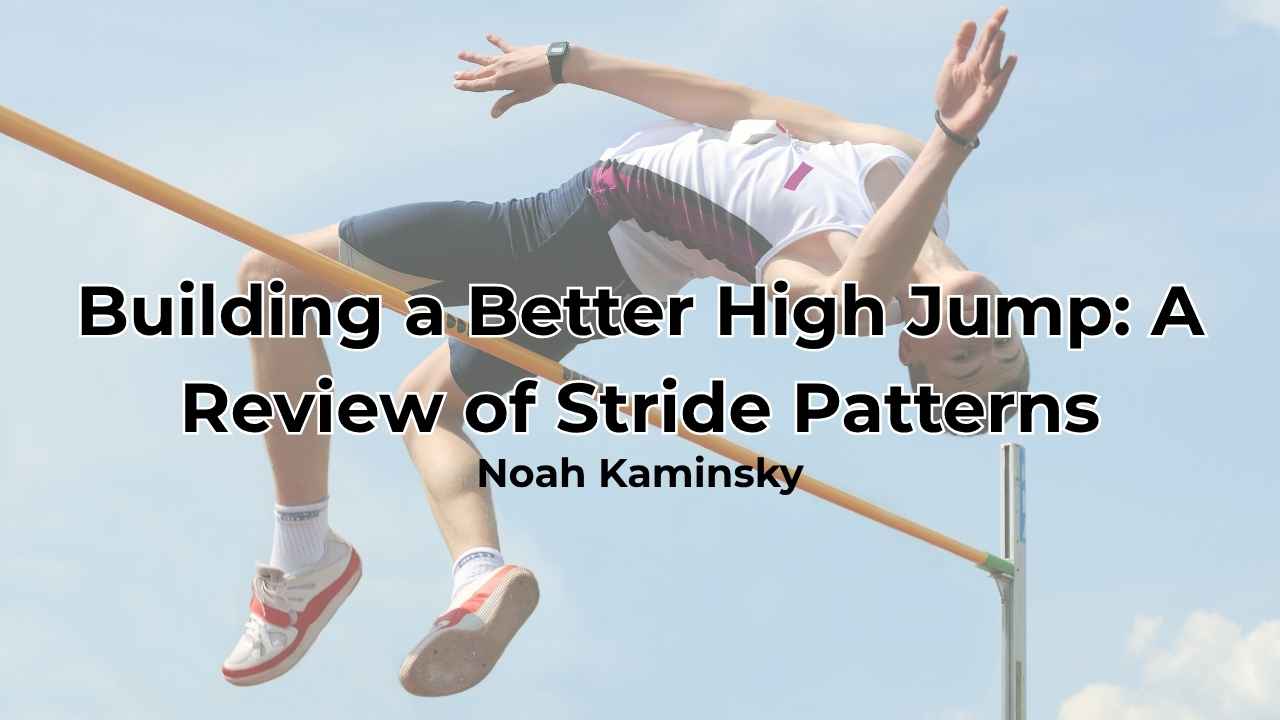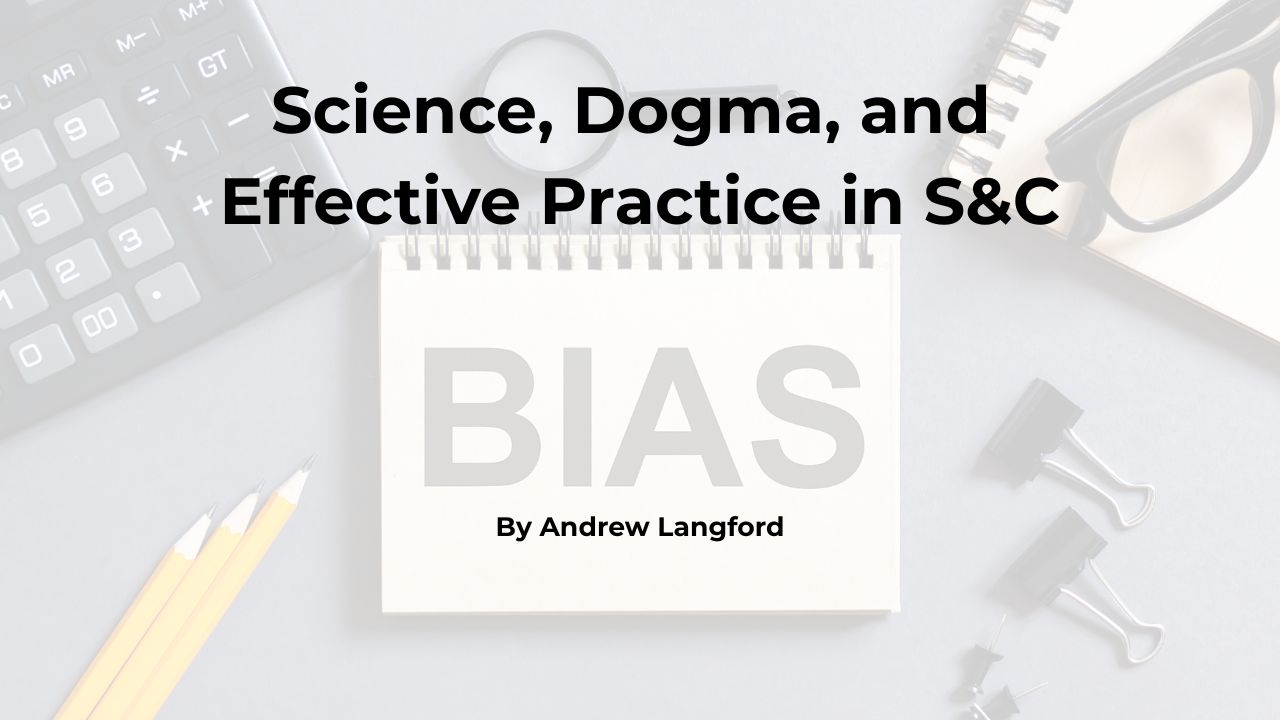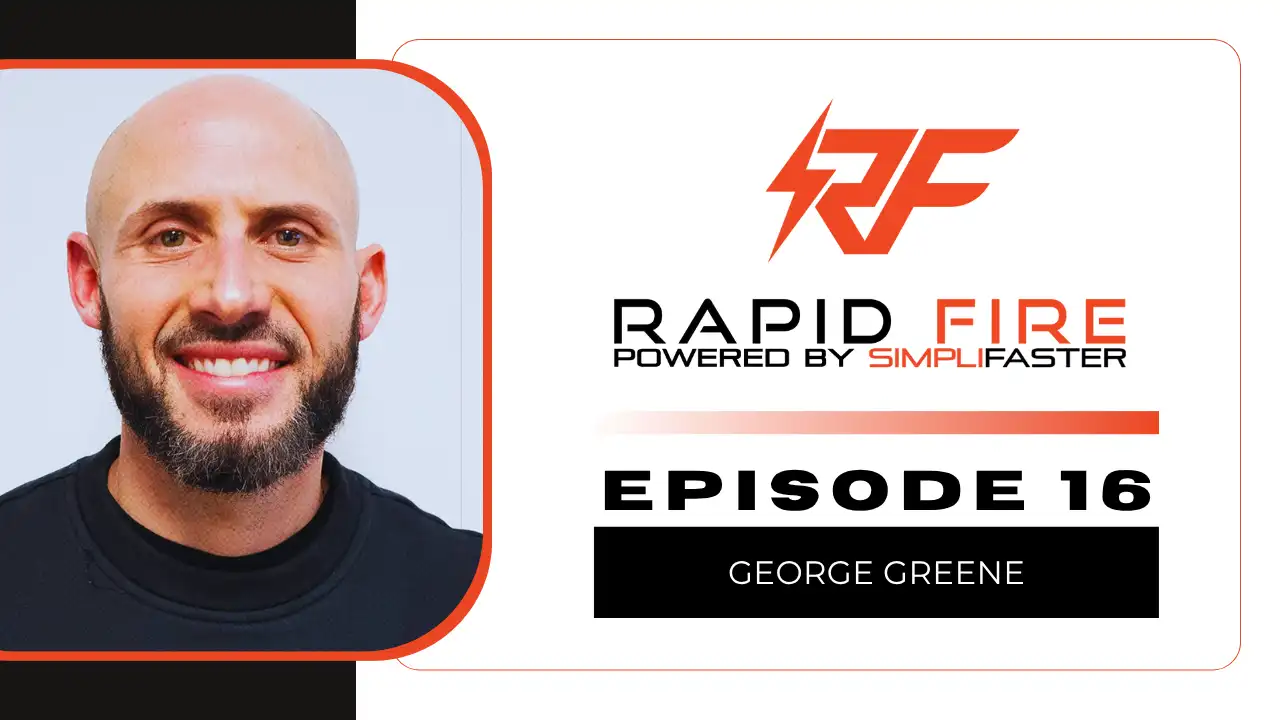[mashshare]

Analytics have become a religion in sports. And why not? Coaches are looking for every possible way to squeeze more skill out of their athletes, and a data-driven approach makes sense.
But most developing athletes need something much simpler: more sleep.
It shouldn’t come as a surprise. Still, it’s rarely recognized as the low hanging, performance enhancing fruit that it is. I suspect that’s because it isn’t well understood.
Sleep, Memory, and Skill Development
Sleep prior to a big event is the most important, right? Not necessarily. It’s actually sleep after a lesson, practice, or big game that impacts skill development. If you don’t sleep the night after training, you’ll never learn. It doesn’t matter if you sleep well the following nights. Getting seven to eight hours of sleep allows the brain to process events from the day, and commit it to knowledge.
It is the sleep after a lesson, practice, or big game that impacts skill development. Share on XWhen we sleep, we repeatedly go through 90-to-120-minute cycles. Within those cycles, there are two main types of sleep: deep and rapid-eye-movement (REM). Deep sleep comes first. During this process, the brain consolidates memories and rebuilds energy stores. As the night goes on, the balance shifts, with REM dominating the final cycles. You’ve probably heard most of the dreams we remember occur during REM.
Solidifying knowledge requires both types of sleep. Phase one, which happens during deep sleep, is basically a rehearsal: Your brain files away the facts and practices the moves it learned that day. Phase two is integration. This is where those facts and lessons are combined with existing knowledge. This happens during REM.
There is an excellent study conducted at MIT that demonstrated how sleep helps build long-term memories in mice. Spoiler alert: Researchers were able to determine that the mice were replaying new experiences in their brains as they slept.
Sleep and Recovery
Many benefits of getting enough sleep—clearer thinking, more consistent metabolism—are well established and widely understood. Most coaches should also be aware of the connection between sleep and growth hormone secretion.
But the effects of sleep deprivation are less understood and more worrisome.
Clinically, we know that sleep deprivation leads to depression, high blood pressure, weight gain, heart disease, and possibly mortality. But here’s what track and field coaches need to know about sleep deprivation:
Numerous studies have shown that reaction time nearly triples when a person misses an entire night of sleep. Regularly it’s at about a quarter of a second. Didn’t sleep last night? Ok. It’ll increase to 800 to 900 milliseconds.
Losing that half a second on the track is, well, costly.
And here’s another doozy: After just one week of sleeping five hours or less each night, a man’s testosterone levels drop as if he’s aged about 11 years. You’re aware testosterone is critical to male sexual behavior and reproduction, but it also plays a critical role in recovery — think muscle mass and strength, bone density, and even decision-making abilities.
Techniques for Better Sleep
“Get a good night’s rest. We’ve got a big day tomorrow.” You’ve said this before, so you’re already prescribing sleep. Excellent.
But how many of your athletes can’t quite shut their minds off when it’s time to rest? They’re too excited, too anxious for the big meet. If you’re coaching developing athletes, it’s probably a big number.
One simple technique we prescribe our athletes (in addition to neurofeedback) is a combination of breathing exercises, heart rate monitoring, and sleep tracking. It sounds complicated. It’s actually very simple. So simple, we’ve turned it into a free app—SenseSleep.
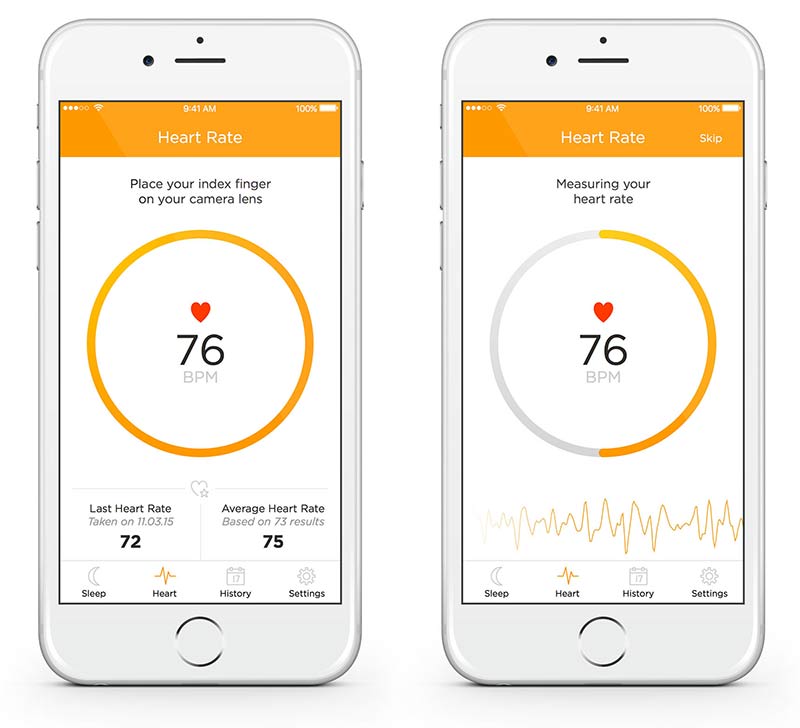
Basically, your brain should be produced relaxed brain waves when it’s time to go to bed. This can be difficult to do when you’re mind is racing with thoughts about tomorrow. Research has shown that controlled breathing exercises can help the brain enter a more relaxed, sleepy state.
Here’s how it works:
Record your heart rate — If your heart is beating too quickly, your brain and body are probably too active to fall asleep—obviously. It’s a simple indicator in your autonomic system, and it’s a measurement you can watch improve in real time.
Begin breathing exercises — SenseSleep will guide you through simple breathing exercises designed to lower your heart rate, calm your brainwaves, and prepare your body for rest.
Rate your sleep — The next time you open SenseSleep, you’ll rate your night’s sleep on a scale of 1 through 5. This allows you to track improvement over time and learn what techniques work best for you.
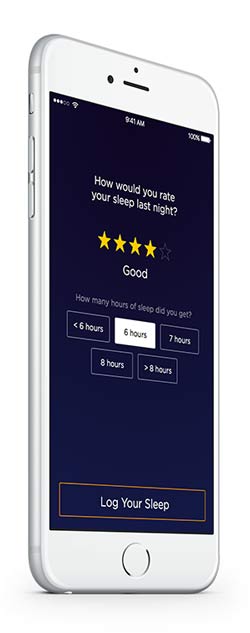
Thanks For Reading
If you’d like to learn more about self-regulation techniques like biofeedback and neurofeedback, feel free to follow me on Twitter @LeslieSherlin or my Facebook page. For more information about SenseLabs be sure to check out our Twitter (@sense_labs), like our Facebook page, or visit our website SenseLabs.
Please share so others may benefit.
[mashshare]

